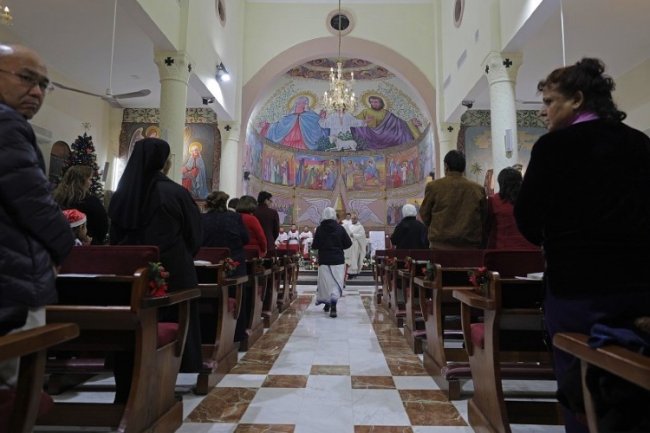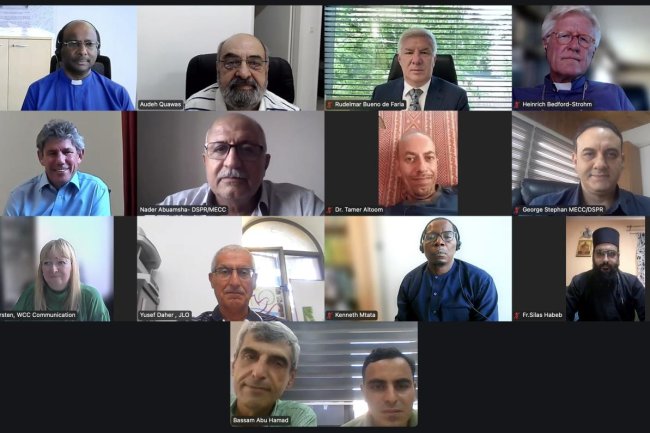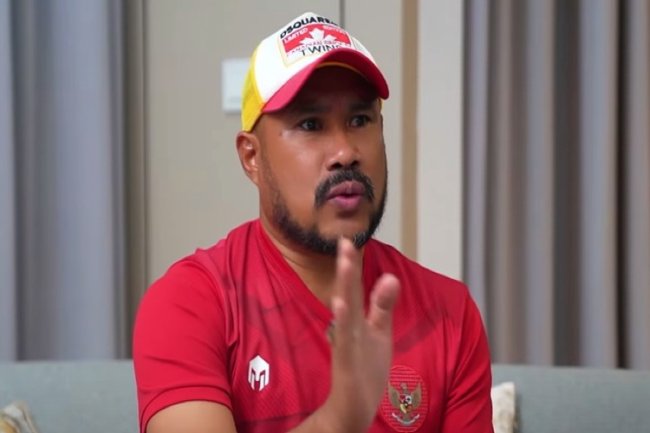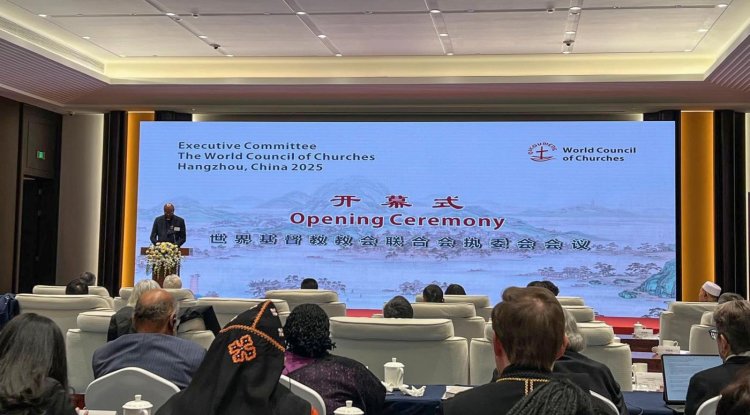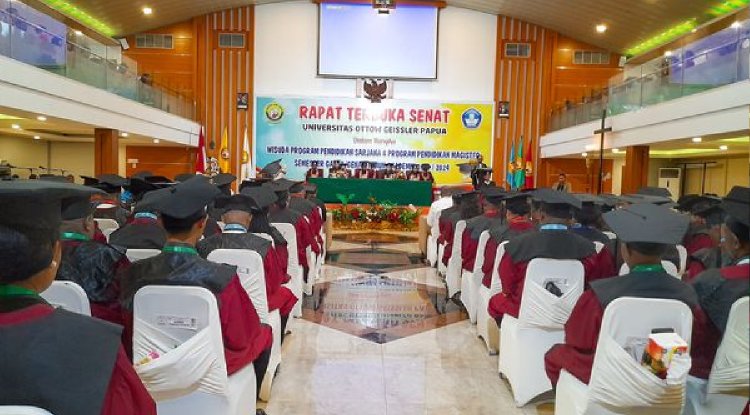THE WAR IN GAZA CAUSES THOUSANDS OF CHILDREN TO BECOME ORPHANS: A CRISIS THAT DESTROYS THE FUTURE OF CHILDREN
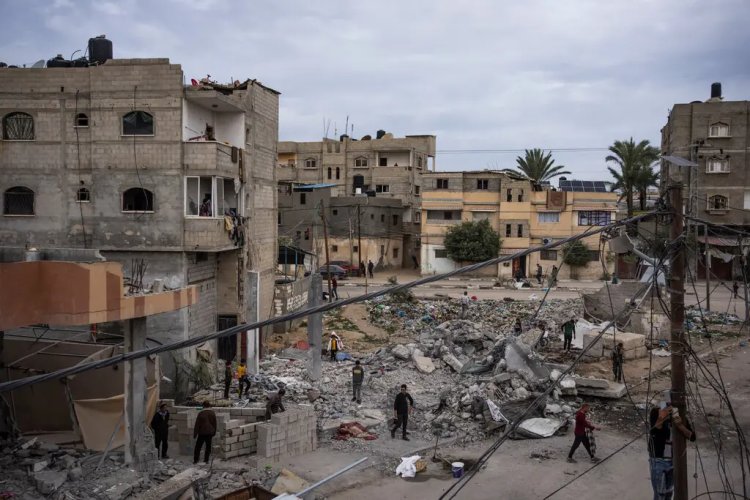
The war in Gaza has brought tremendous devastation to the local community, leaving a deep trail of grief, especially for children. Amid the prolonged conflict, thousands of children are now growing up without the presence of their parents, living in uncertainty, and facing a bleak future. They are not only battling physical wounds caused by violence, but also grappling with deep trauma from losing their parents and enduring extremely unstable conditions.
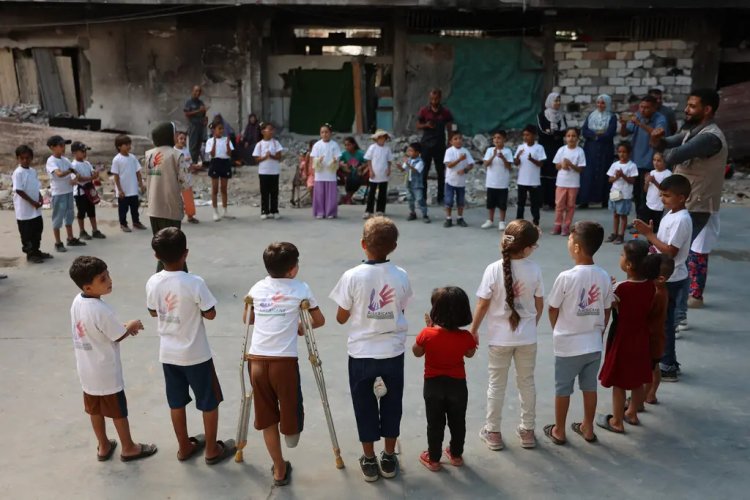
The Akeila family is a poignant example of this tragedy. Four siblings – Mohammed, Mahmoud, Ahmed, and Abdullah – are now being cared for by their aunt, Samar al-Jaja. They are sheltered in a tent in the city of Khan Younis, Gaza, after their home was destroyed by an airstrike. Despite being told that both of their parents have died, these children still believe that one day they will return home and find their parents waiting for them.
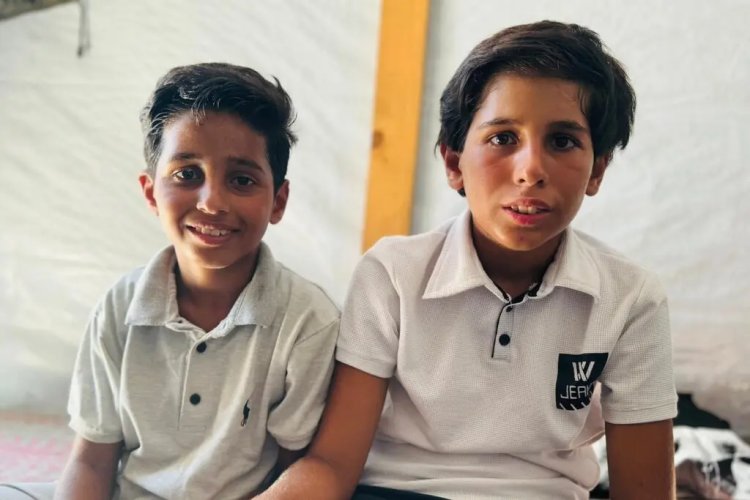
“Baba and mama must be waiting for us there,” they say to their aunt. However, the reality is that both of their parents were killed in the airstrike that leveled a building near where the family was taking refuge. The children continue to experience days filled with sorrow and struggle to accept the truth. They even cry on days that should be filled with joy, such as Mother’s Day and Eid al-Fitr.
The condition of orphans in Gaza is growing increasingly difficult amid the chaos caused by the war. In Khan Younis, a volunteer-run camp has been established to house more than 1,000 children who have lost one or both of their parents. There is also a special section in the camp for children who have lost their entire families, except perhaps a sibling. The number of children waiting to be placed in this camp grows longer by the day.
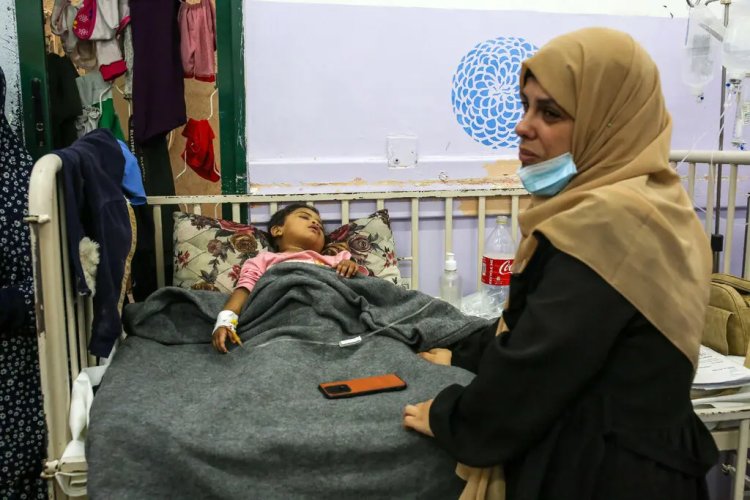
Medical staff in Gaza are also facing major challenges in caring for injured children who no longer have surviving family members. In some hospitals, injured children without any surviving family are labeled as “wounded child, no surviving family.” Neonatal care units even house babies whom no one has come forward to claim. For example, at the Emirati Hospital in Rafah, a 3-week-old baby girl was found near a mosque after an airstrike that killed dozens of people. The baby was given the name "Malak," meaning "angel," by a nurse who was moved because no family had claimed the child.
This situation is further exacerbated by the collapse of government systems and public services in Gaza. Unstable communications and sudden evacuation orders have separated families, causing many children to lose track of their relatives. Some young children are so traumatized that they become mute and unable to state their names, making it difficult to locate their families. International aid organizations like SOS Children’s Villages are trying to conduct searches, but the obstacles on the ground are overwhelming.
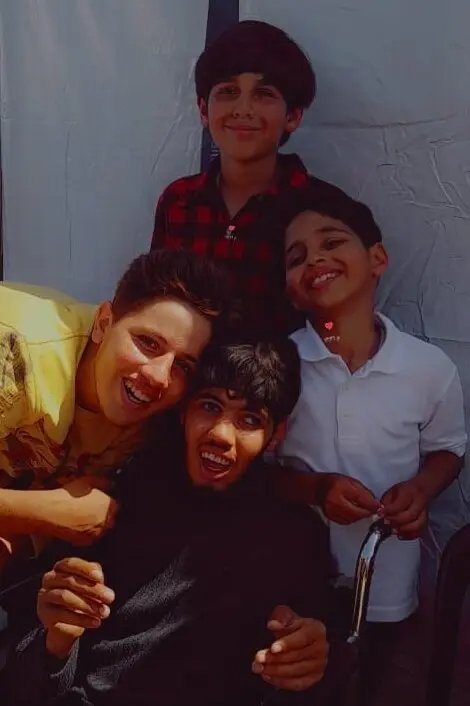
Jonathan Crickx, a spokesperson for the UN children’s agency, said that initial estimates indicate around 19,000 children are now living apart from their parents, either with relatives, caretakers, or alone. However, the true number is likely much higher, given the scale of bombing and displacement happening in this small, densely populated area. This war has separated children from their parents on an unprecedented scale.
Despite all this suffering, the people of Gaza are striving to care for orphaned children by relying on extended family solidarity. However, in many cases, even extended families struggle to provide basic needs amidst scarce resources. This situation makes orphans highly vulnerable to exploitation, violence, and abuse.
For children who manage to survive, their future remains uncertain. Even after the war ends, access to basic needs like shelter, clean water, and mental and physical healthcare will be severely limited. Additionally, their education and job prospects will be greatly restricted, meaning this generation risks growing up without hope for a better future.
Stories like those of the Akeila children are a reflection of the humanitarian crisis faced by Gaza. They are living witnesses to a devastation that not only destroys infrastructure but also shatters the social order and family life that form the foundation of society in Gaza.
What's Your Reaction?







